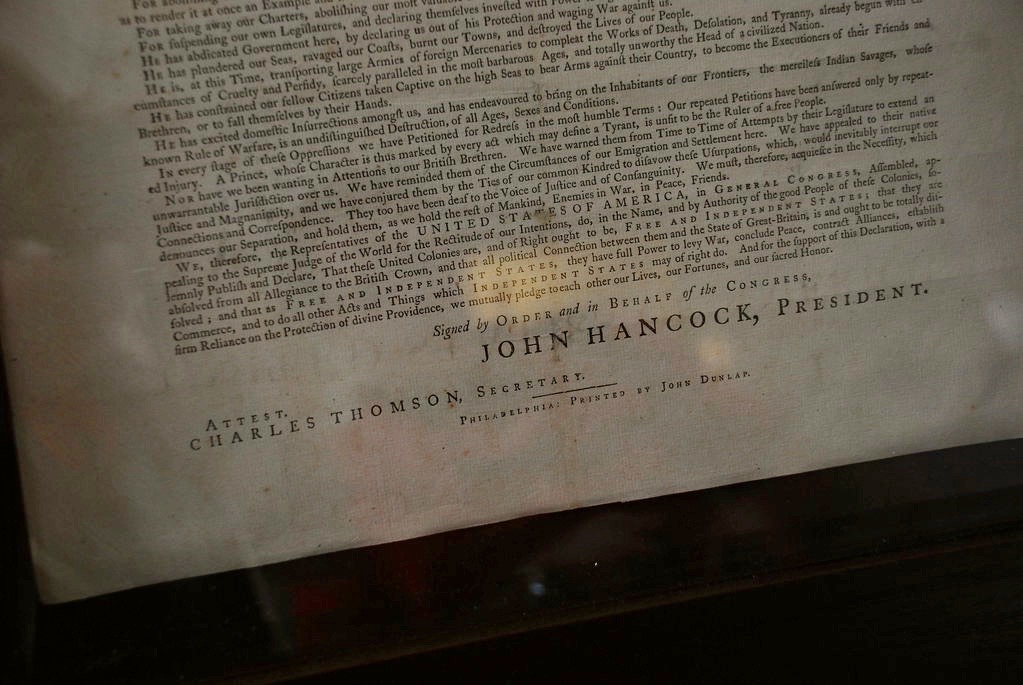Things You May Not Know About Independence Day
Americans across all 50 states are preparing to celebrate the 245th anniversary of the Declaration of Independence and the formation of our nation this weekend. Despite Independence Day looking a bit different this year due to the recently lifted COVID-19 restrictions, Strellis and Field wanted to share some facts about the signing of the Declaration of Independence and Fourth of July celebrations!
Did you know that the Declaration of Independence was not actually signed on the 4th of July? The actual vote for independence amongst the Second Continental Congress took place on July 2, 1776. Two days later, on July 4, 1776, 56 delegates from the Second Continental Congress who represented the 13 original colonies adopted the Declaration of Independence. Out of the 56 delegates that signed the Declaration of Independence, 25 of them were lawyers! After the vote took place to declare independence, the Second Continental Congress appointed five men (Thomas Jefferson, John Adams, Benjamin Franklin, Robert Livingston, and Roger Sherman) to the Committee of Five to revise and draft the formal statement that justified the colonies’ split from Great Britain.
The first formal Independence Day celebration took place a year later on July 4, 1777. However, John Adams, a member of the Committee of Five, believed that July 2nd was the proper day to celebrate the independence of the United States. In a letter he wrote on July 2, 1776, after the move for Independence was voted on, Adams said “I am apt to believe that [this day] will be celebrated, by succeeding Generations, as the great anniversary Festival… It ought to be solemnized with Pomp and Parade with shews, Games, Sports, Guns, Bells, Bonfires and Illuminations from one end of this continent to the other from this time forward forevermore.” Reportedly, Adams would not attend Independence day celebrations on July 4th as a way to protest that the celebrations should be on the 2nd. Both John Adams and Thomas Jefferson died on the 50th anniversary of the adoption of the Declaration of Independence on July 4, 1826.
Massachusetts became the first state to make July 4th an official state holiday in 1781. Independence Day did not become a federal holiday until 1870 when U.S. Congress made it an unpaid holiday for federal employees. It was not until 1938 that Congress approved Independence Day as a federal paid holiday. The tradition of setting off fireworks started in Philadelphia on July 4, 1777, as a 13- gun salute was fired to honor the 13 original colonies. That same night in Boston, the Sons of Liberty, a secret revolutionary group, set off fireworks over Boston Common.
Check out our other blog posts for more historical facts and tips to keep you and your family safe during your 4th of July celebrations!




